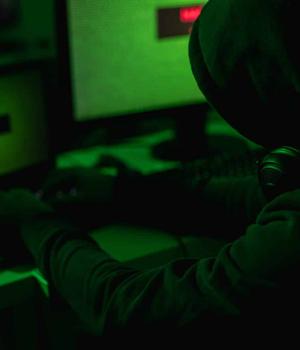Security News > 2001 > March > UN working group seeks common ground on security

http://www.computerworld.com/cwi/story/0,1199,NAV47_STO58908,00.html By DAN VERTON March 23, 2001 Delegates from the 189 member countries of the United Nations will meet next week with representatives from the U.S. technology industry to devise new strategies for dealing with Internet crime and global e-commerce security requirements. However, to ensure a coherent global strategy, world leaders must be better educated about the need for global security standards and the threat that cybercrime poses to the worldwide economy, said Percy Mangoaela, the UN ambassador from Lesotho. "We want to sensitize diplomats to the importance of the implications of IT so that they are equipped to deal with the issues," said Mangoaela, who is chairman of the UN Working Group on Informatics and one of hundreds of officials scheduled to attend next Thursday's Global InfoSec 2001 conference at UN headquarters in New York. The one-day conference is being cosponsored by Mangoaela's working group and AIT Global Inc., a Kings Park, N.Y.-based worldwide association of IT professionals. However, the working group is an advisory body and can only make recommendations to other UN organizations on what steps to take on security matters. One of the most pressing global issues is finding common ground on an international legal framework for dealing with cybercrime, according to Mangoaela. That would give authorities a common way to deal with Internet crimes perpetrated in one country against systems in another. "It is something that has not yet been attempted, so many people don't feel confident in their expertise," he said. "Sooner or later, it will have to be dealt with." Even with enhanced cooperation, though, practical answers to international cyberlaw enforcement may be hard to come by, said Bill Crowell, CEO of Santa Clara, Calif.-based Cylink Corp. "This is a 'damned if you do and damned if you don't' area, since [the U.S.] will not want to give up any sovereignty and neither will anyone else," said Crowell, who is also a former head of the National Security Agency. Delegates attending the conference also plan to discuss personal security and privacy on the Internet. "This is an issue that is of great concern to the human rights side of the UN," Mangoaela said. "The developed countries are much more advanced in this area, but the developing countries need to also recognize that this can be a problem for the rest of the world." Data privacy matters continue to spark heated debates in the U.S. (see story). However, the European Union has clearly spelled out what the challenges are when it comes to privacy, said David Lowe, head of the secretariat for a European Parliament committee looking into the alleged U.S.-backed global surveillance network known as Echelon. "It seems to me to be imperative to boost the power and authority of parliamentary oversight committees to at least the level prevailing in the U.S. Congress," Lowe said. "In many European countries, such things are often inadequate or nonexistent."
News URL
http://www.computerworld.com/cwi/story/0,1199,NAV47_STO58908,00.html